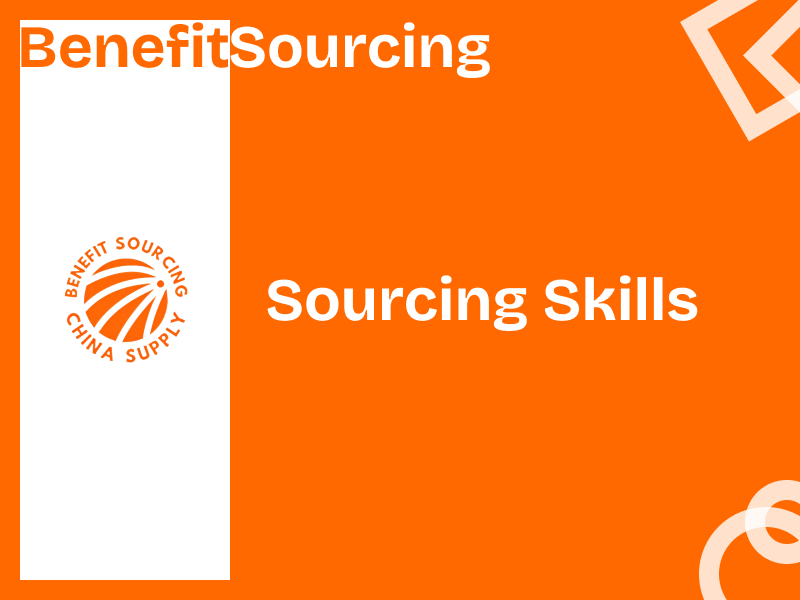Implementing a Supplier Code of Conduct

Implementing an effective supplier code of conduct requires establishing clear ethical standards aligned with international labor practices while respecting local legal frameworks. For global buyers sourcing from China, these eight core elements form the foundation of responsible procurement:
1. Legal Compliance & Documentation
- Conduct thorough legal research on labor laws in both your home country and China, prioritizing the stricter standard where discrepancies exist
- Require suppliers to maintain organized records proving compliance with:
- Minimum wage payment receipts
- Social insurance documentation
- Environmental permits
- Safety inspection certificates
- Implement quarterly compliance audits using standardized checklists
2. Child Labor Prevention Protocols
- Establish a three-tier verification system:
- Government-issued ID validation
- School enrollment confirmation
- On-site physical age assessment by trained staff
- Mandate remedial education programs for any identified underage workers
- Prohibit hazardous tasks for workers under 18
3. Wage & Benefit Structures
- Develop payment matrices that clearly outline:
- Base hourly rates
- Overtime calculations
- Performance bonuses
- Statutory benefits
- Implement digital payroll systems with:
- SMS notifications to workers
- Blockchain-based payment records
- Multilingual pay stub explanations
4. Workplace Equality Frameworks
- Conduct anonymous employee surveys bi-annually measuring:
- Perceptions of discrimination
- Harassment incident reports
- Promotion fairness
- Establish worker-elected diversity committees
- Provide mandatory cultural sensitivity training for management
5. Health & Safety Implementation
- Require ISO 45001 certification for high-risk facilities
- Conduct emergency drill simulations quarterly
- Maintain first aid stations per 50 employees
- Implement real-time air quality monitoring systems
6. Working Hour Controls
- Install biometric attendance systems tracking:
- Daily entry/exit times
- Break durations
- Overtime approvals
- Automate alerts for:
- Consecutive working day limits
- Maximum weekly hours
- Mandatory rest periods
7. Environmental Compliance
- Develop supplier scorecards evaluating:
- Energy efficiency metrics
- Waste recycling rates
- Carbon footprint reductions
- Require annual environmental impact reports
- Conduct unannounced wastewater sampling
8. Continuous Improvement Mechanisms
- Establish whistleblower protection programs featuring:
- Anonymous reporting channels
- Third-party investigation teams
- Anti-retaliation guarantees
- Implement corrective action plans with:
- Root cause analysis
- Timeline-bound improvements
- Verification protocols
Practical implementation requires phased onboarding: Start with critical suppliers through workshops explaining code requirements, then expand to full supply chain over 12-18 months. Digital compliance platforms can streamline documentation review and audit scheduling. Prioritize relationship-building with suppliers through regular capability-building sessions rather than purely punitive measures. Remember that effective implementation reduces long-term risks while improving product quality and brand reputation.
Need a sourcing agent in China?
Just send us your demand with the form below.